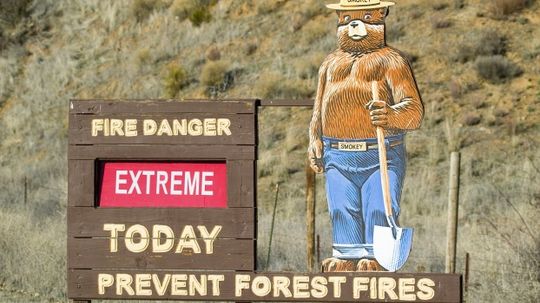Intriguing and enigmatic, the mechanics behind wildfires have long captivated the minds of scientists and laymen alike. Delving into the depths of this natural phenomenon, we unravel the intricate workings that fuel these devastating infernos.
A Dance with Destruction: The Catalysts Behind Wildfires
Within the heart of a wildfire lies an interplay between various elements, each contributing to its ferocity. From dry vegetation to gusty winds, these catalysts converge in a symphony of destruction. As temperatures rise and humidity plummets, even seemingly innocuous sparks can ignite an unstoppable blaze.
The Fiery Fury Unleashed: The Rapid Spread and Intensity
Once ignited, wildfires possess an insatiable appetite for destruction as they swiftly consume everything in their path. Their voraciousness is fueled by a combination of factors such as topography, weather conditions, and available fuel sources. With every gust of wind acting as a merciless accomplice, flames leap from tree to tree with unparalleled intensity.
Nature’s Resilience Tested: The Aftermath and Ecological Impact
As smoke dissipates and embers cool down, nature bears witness to the aftermath left in the wake of a wildfire’s wrath. While some ecosystems have evolved alongside fire over millennia—relying on it for regeneration—others succumb to irreversible damage. The delicate balance between destruction and rejuvenation hangs precariously in these scorched landscapes.
An Ominous Reminder: Our Responsibility Amidst Nature’s Fury
Wildfires serve as both awe-inspiring spectacles and harbingers of our own vulnerability within nature’s grand tapestry. As stewards entrusted with safeguarding our environment, it is imperative that we recognize the impact of human activities on the frequency and severity of these infernos. Only through collective action and a commitment to sustainable practices can we hope to mitigate their devastating consequences.


